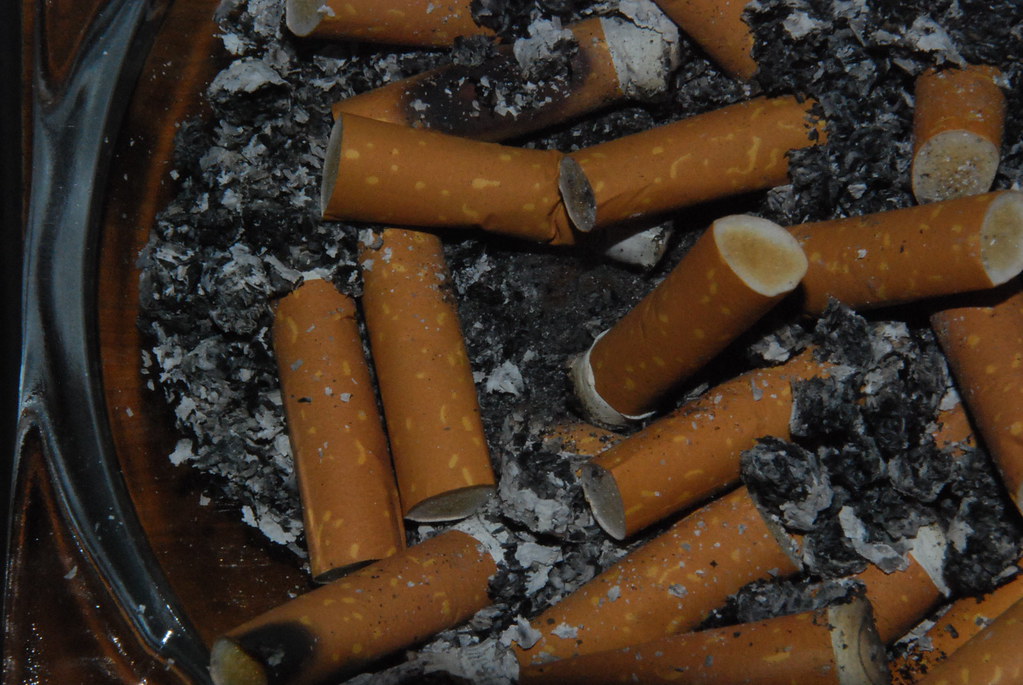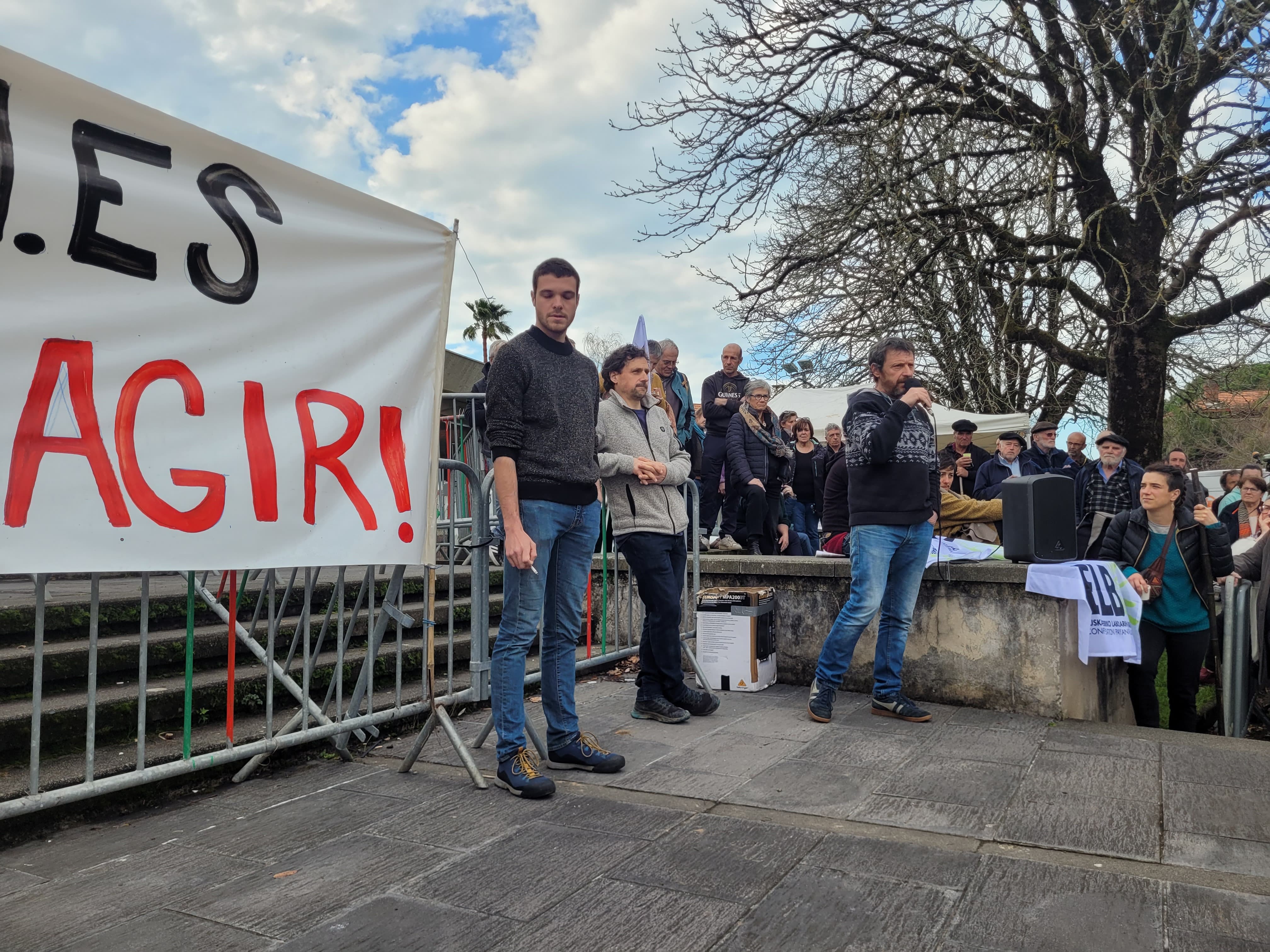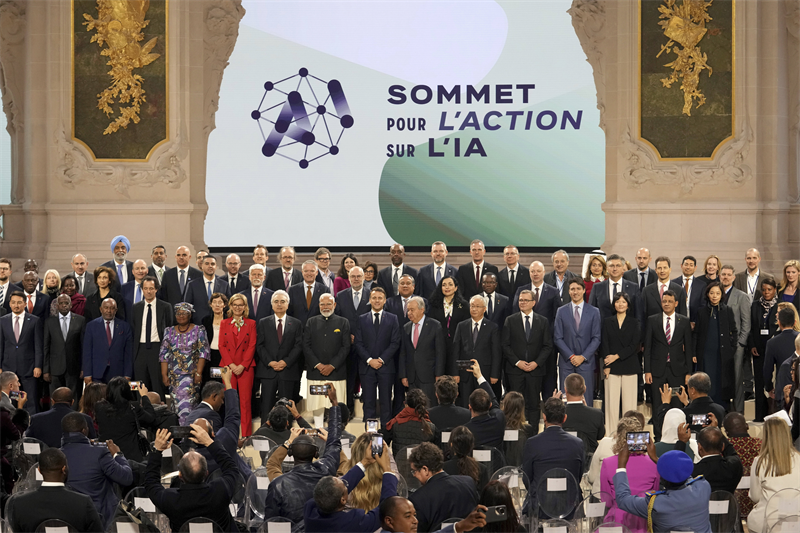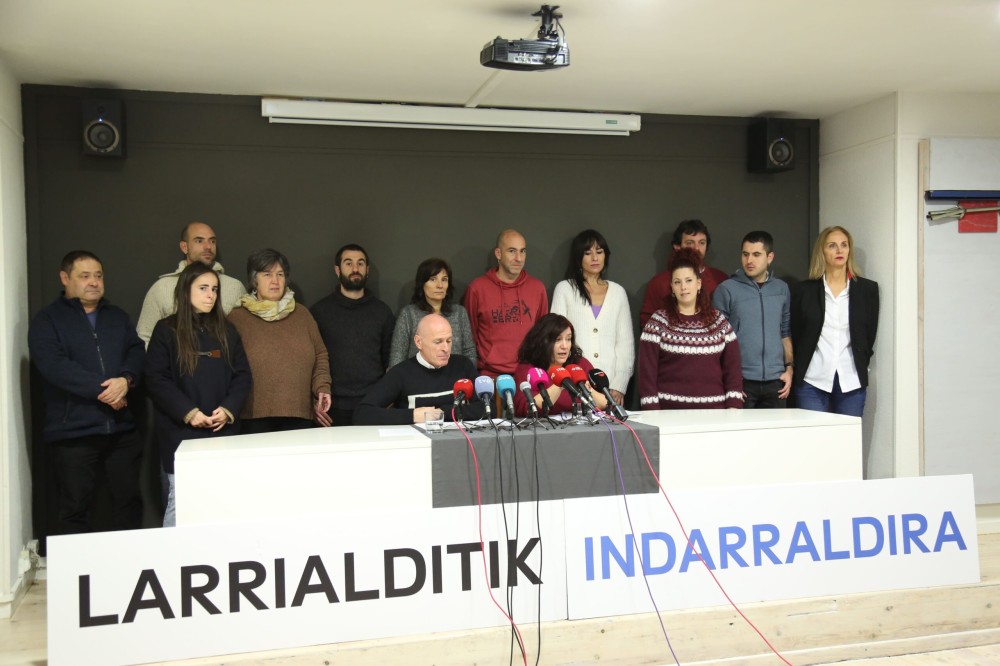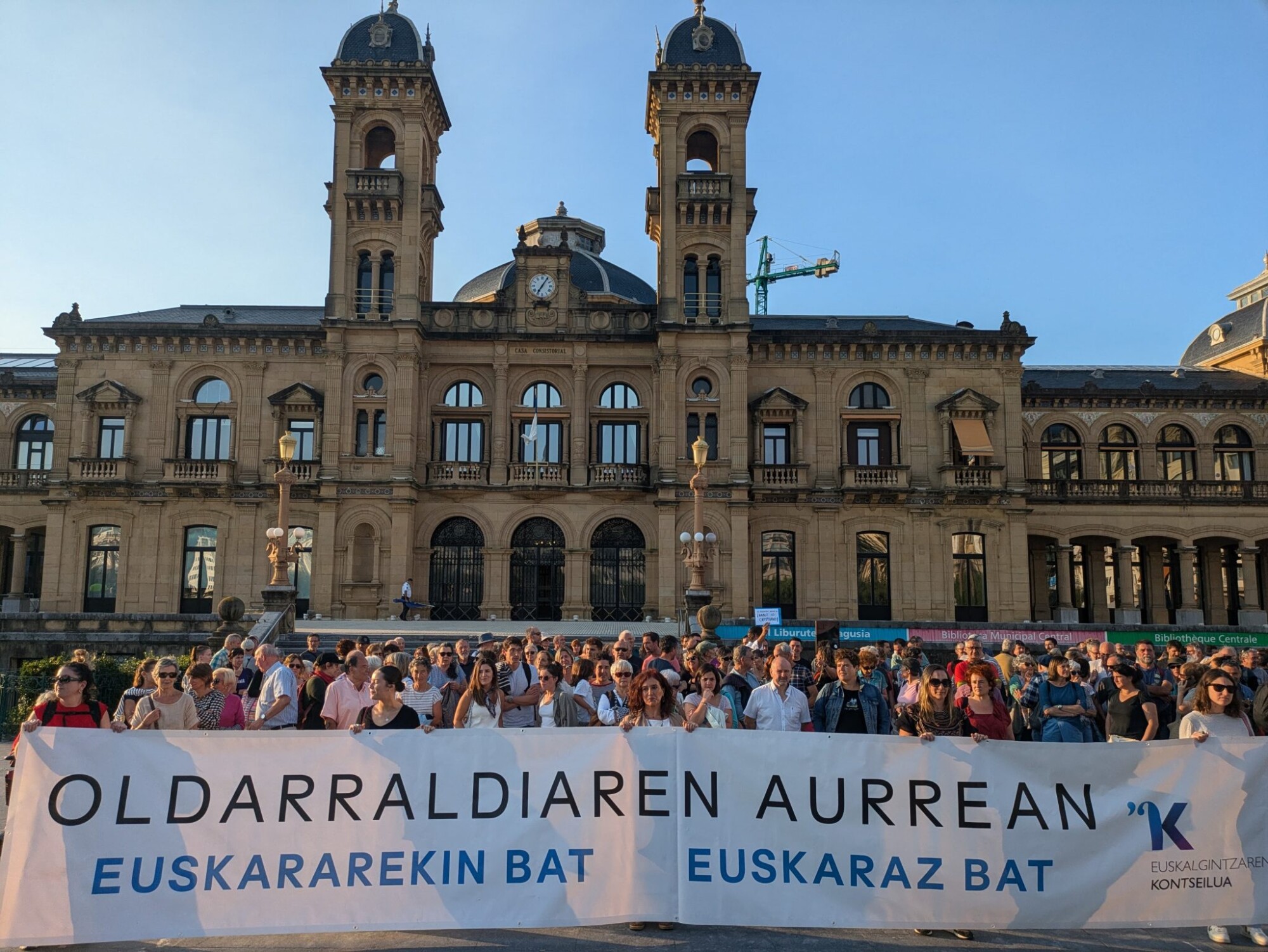Route of the shade
- In addition to the travelling exhibition Astronomy Mujer, Madrid physics Paloma Alcalá analyzed the relationship between women and science at the Gonatan conference and science. As he explained, although the percentage of female students in the Spanish state stands at 54%, two-thirds of researchers are men. The exclusion of the world from science remains evident.
Besides being a physicist and philosopher, Paloma Alcalá is a professor and created in the 1990s the Gonatan and Science initiative with the objective of encouraging girls to conduct scientific studies. In this way, based on the biographies of several pioneering women in science, Alcalá analyzes the problems that women have had for science and the strategies used to face them.
For the philosopher Amelia Valcárcel, there are four levels that women must raise to gain access to academic wisdom: the first step is to guarantee the possibility of studying; subsequently, to equate the degrees obtained with those of men; the third, to have the right to develop the learned trade; and the last, to enter the elite.
Regarding the first level, Alcalá says that in the Renaissance era she had two ways to study women. On the one hand, what aristocrats used to choose: to learn for themselves and with the help of their tutors; that is, making it clear that they would never use what they learned to work. On the other hand, the road was based on the guild structure. This is the case of astronomer María Winkelman (1670-1720). He studied his first studies with his father and continued to study with an artisan who made calendars related to agriculture. At that time, there were not many astrologers who, in addition to being craftsmen, had completed academic studies, such as the husband of Winkelman, Gottfried Kirch. There were many investigations by the astronomer: In 1702 he found a comet and the president of the Berlin Academy of Sciences, Leibniz, enthusiastically defended Winkelman’s work. But at Kirch's death, he asked for the appointment of an astronomy assistant, and the Academy refused outright for being a woman. Although, as usual, he continued to make a calendar for the Prussian court, Krosigh was an astronomer master at the Baron observatory, but was never recognized by the Academy. Scientific institutions didn't want women to lose fame.
In the studies, women could not access academies. The first attempts date back to the 19th century, within the suffrage movement that was born with the aim of making women whole citizens (1850-1914). They wanted men to have the rights that they were entitled to, like studying and working. Meanwhile, the enlightened academies maintained their usual stance. Even though the newly created Biology and Botany courses opened up a gap, the institutions had left women abandoned. In fact, according to Alcalá, medicine itself provided arguments to maintain exclusion in 19th century Europe: unlike men, women's bodies were only prepared to be mothers.
In the United States, however, the first women's colleges, known as Seven sisters, were run by religious groups like the Kuakeros. The astronomer Maria Mitchell (1818-1889) served as a professor in one of them and, concerned about the future of her students, fought to make the titles obtained at the Seven sisters legal and to form a large critical mass of women.
At the same time, the suffragettes were taking the final steps to achieve the same rights in Europe. The right of access to university was obtained in the last quarter of the 19th century, for example in the Sorbonne (1867), London (1877) or Cambridge (1881). Elizabeth Garrett (1836-1917) was one of the women who elected the suffragist. His history is the paradigm of those times: for not being able to study at university, he learned with professors paid for him, but to obtain the degree he had to go to France. It was hard, but he returned to England and managed to dedicate himself professionally: She was the first medical woman in the UK. In 1918 he opened the College of Women's Medicine, and years later, the Center adopted its name: Elizabeth Garrett Hospital for women.
Education and new disciplines
At the beginning of the twentieth century, women had two doors open to work: on the one hand, education and on the other, new disciplines. Nuclear physics was included in this second group, and in this field, for example, the well-known Marie Curie and Lisa Meitner (1878-1968) were developed. Meitner reflects the trend of the season. He worked with physicists Max Planck and Otto Hahn. However, Hahn was awarded the Nobel Prize in 1944, leaving aside Jewish woman Meitner. Around the world, there are many cases that look like Lisa Meitner. The work carried out by women has been undervalued throughout history, to the point of being invisible. For this, Paloma Alcalá has a name: estokoma. “We know that neurons are walking, that they are united, but every now and then they fail. That's a scotoma, and science also has theirs. When someone makes a discovery, they anticipate the existing consensus in the scientific community, no one pays attention to it. The same thing happens to women.”
In the Spanish state, in 1910, women were allowed access to university, where also emerging disciplines and education were the main doors of the labor market. It was important that the bilbain María de Maeztu built the Manor House in 1915. There, women from towns and cities had the opportunity to study and were subsequently pushed abroad and to conduct higher education. Isabel Torres (1905-1998) was one of them. In Valdecila (Spain) began his thesis on food, but without a salary.
Alcalá has emphasized that the routes opened by women are assumed by men: “When a new discipline becomes professional, when it enters university, it seems that this discipline drives away women.” Moreover, things do not seem to have changed so much in the academic world of science, and the senior positions of scientific institutions remain in the hands of men. “Selective processes are not based on academic criteria, and on the excuse of choosing the most suitable person for the job, women are excluded.” The Madrid physicist is also concerned about the current situation, as he assures that 90% of those who refuse to find work because of the economic crisis are women. “It’s not the worst not to have the opportunity to learn, but to convince women that they have to set limits on themselves.”
Gabonetako argiak pizteko ekitaldia espainolez egin izanak, Irungo euskaldunak haserretzeaz harago, Aski Da! mugimendua abiatu zuen: herriko 40 elkarteren indarrak batuta, Irungo udal gobernuarekin bildu dira orain, alkatea eta Euskara zinegotzia tarteko, herriko eragileak... [+]
Irailaren 9ra gibelatu dute Kanboko kontseiluan gertatu kalapiten harira, hiru auzipetuen epaiketa. 2024eko apirilean Kanboko kontseilu denboran Marienia ez hunki kolektiboko kideek burutu zuten ekintzan, Christian Devèze auzapeza erori zen bultzada batean. Hautetsien... [+]
Oinarrizko maia komunitateko U Yich Lu’um [Lurraren fruitu] organizazioko kide da, eta hizkuntza biziberritzea helburu duen Yúnyum erakundekoa. Bestalde, antropologoa da, hezkuntza prozesuen bideratzaile, eta emakumearen eskubideen aldeko aktibista eta militante... [+]
Zer jakin behar dut? Norekin erlazionatu behar dut? Non bizi behar dut? Ardura horiekin gabiltza gizakiok gure gizarteen baitan bizitza on baten ideia bizitzeko bidean. Ondo erantzuten ez badakigu, bazterretan geratuko garen beldurrez.
Joan den astean, kanpoan geratzearen... [+]









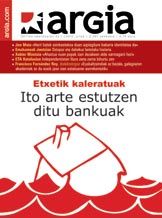



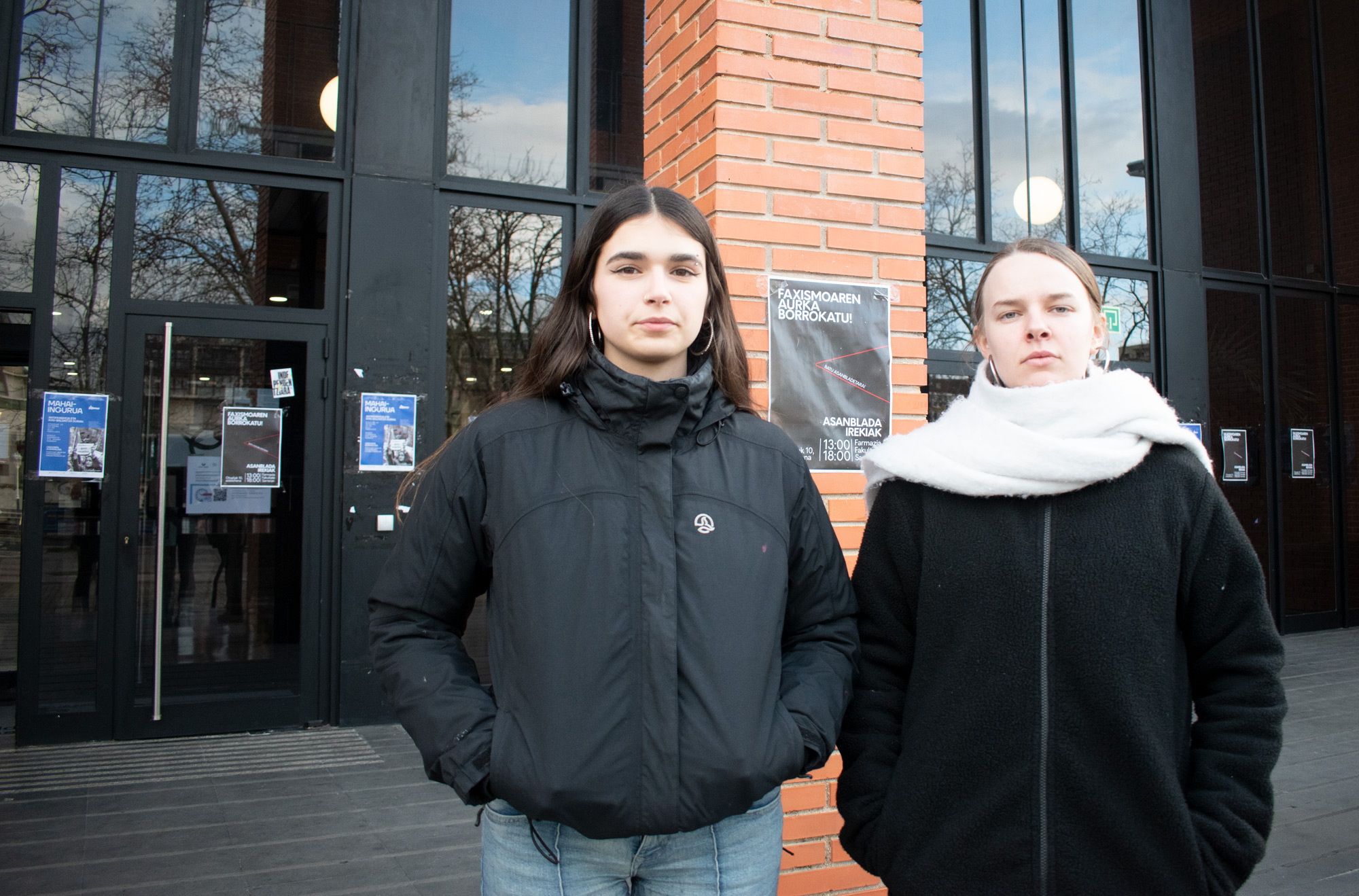
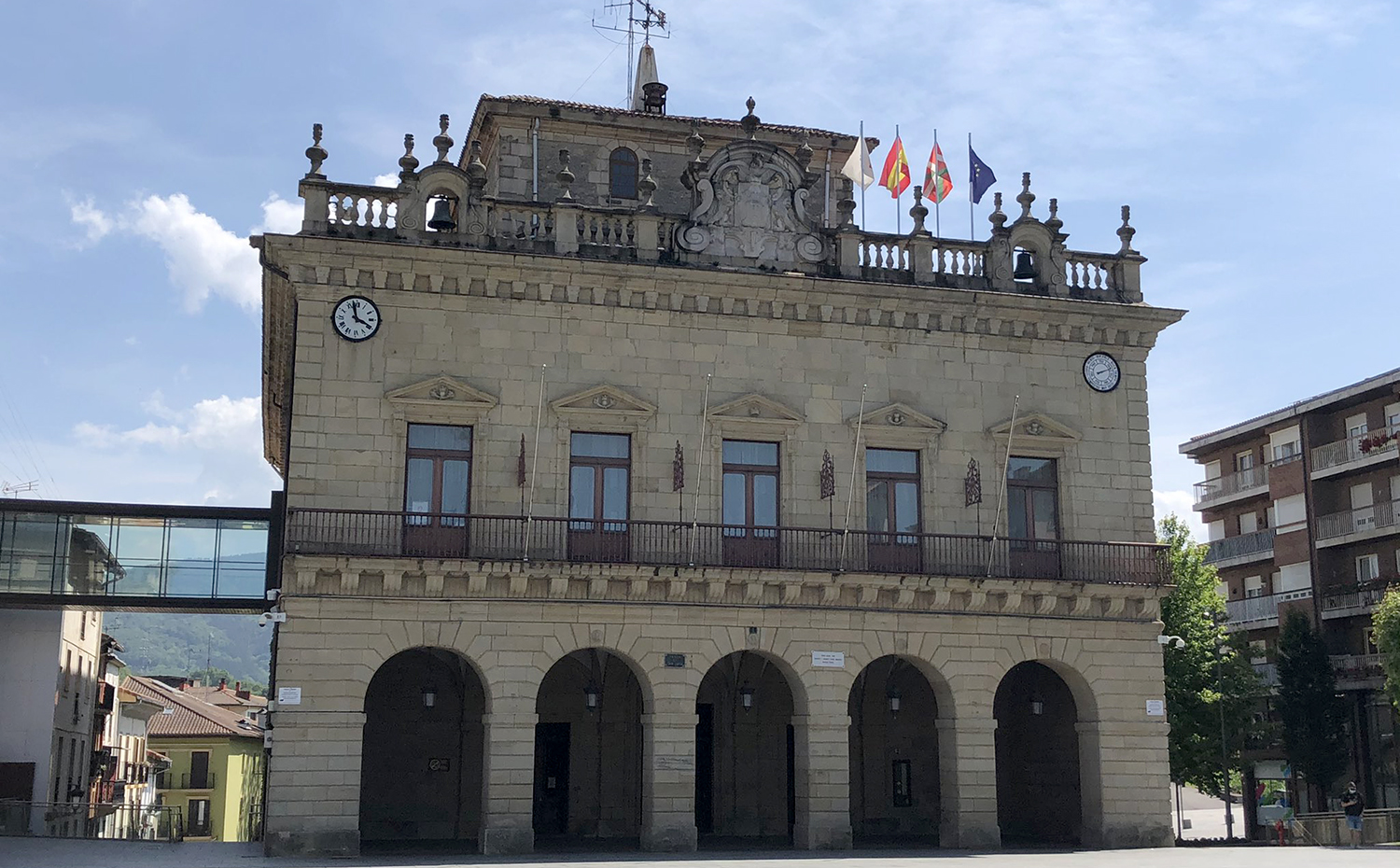

_2.jpg)
